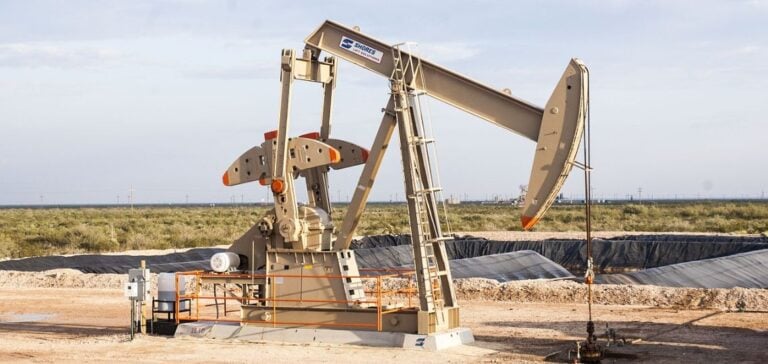Iraq and British oil giant BP are close to finalizing a strategic agreement for the development of four oil fields in the Kirkuk region, located in the north of the country. This large-scale project, formalized by a memorandum of understanding signed in London, aims to rehabilitate and increase the country’s oil and gas production.
Iraq’s Oil Minister, Hayan Abdel-Ghani, specified that current production of 350,000 barrels per day (bpd) could reach 450,000 to 500,000 bpd once the project is operational. This initiative aligns with Iraq’s goal to maximize its energy resources while reducing environmental impacts linked to gas flaring.
An Ambitious Energy Strategy
In addition to rehabilitating the oil fields, the agreement focuses on the exploitation of flared gas, a common practice in Iraq that is highly polluting. Last December, the Iraqi government committed to recovering 80% of this gas by the end of 2025 and completely eliminating this practice by 2027.
Flaring, which involves burning excess gas during oil extraction, represents a major energy loss for a country where power plants heavily depend on imported Iranian gas. These imports, which cover about a third of the country’s energy needs, are frequently suspended by Tehran, worsening electricity shortages for Iraq’s 45 million inhabitants.
A Multifunctional Project
In August, BP announced that the Kirkuk project includes investments in oil and gas sectors as well as initiatives for solar energy production. Developing these infrastructures could enhance Iraq’s energy independence and diversify its energy sources.
The Kirkuk region, rich in hydrocarbons, is historically linked to BP, which was part of a consortium that discovered oil reserves there in the 1920s. Today, this project symbolizes a return to the roots for the oil giant while aligning with the Iraqi government’s energy transition priorities.
Economic and Environmental Impacts
As the second-largest oil producer in the Organization of the Petroleum Exporting Countries (OPEC), Iraq produces an average of four million barrels of crude oil per day. With this agreement, the government aims not only to increase production but also to reduce dependence on gas imports and lower its carbon footprint.
By exploiting flared gas, Iraq will meet part of its domestic energy needs while honoring its environmental commitments. The agreement is expected to be finalized in early February, marking a significant milestone in the country’s energy strategy.






















